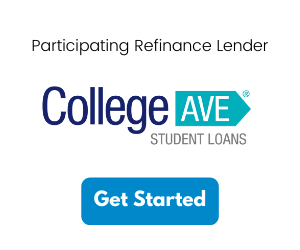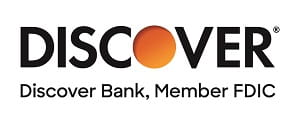-
Compare Lenders
featured articles
featured articles
-
Scholarships
featured articles
featured articles
featured articles
featured articles
-
Plan for College
featured articles
featured articles
featured articles
featured articles
featured articles
featured articles
-
Student Loans
featured articles
featured articles
featured articles
- Filing the FAFSA 2025-2026: A Simple Guide for Students
- FAFSA FAQ - Your FAFSA Questions Answered
- The complete guide to federal undergraduate student loans
- What are Federal Parent PLUS Loans and How to Apply
- Financial Aid for Graduate School
- Compare Subsidized and Unsubsidized Student Loans
- View All Articles >
featured articles
featured articles
-
Credit Cards
featured articles
featured articles
featured articles
-
Money Management
featured articles
featured articles
featured articles
featured articles
featured articles
featured articles
featured articles
- Student LIFE Blog
Edvisors (“Edvisors Network, Inc.”) provides independent advertising-supported platforms for consumers to search compare and apply for private student loans. Loan offers from participating lenders that appear on our websites are not affiliated with any college and/or universities, and there are no colleges and/or universities which endorse Edvisors’ products or services. Lender search results do not constitute an official college preferred lender list. Edvisors receives compensation from lenders that appear on this site. This compensation may impact the placement of where lenders appear on this site, for example, the order in which the lenders appear when included in a list. Not all lenders participate in our sites and lenders that do participate may not offer loans to every school.
Edvisors is not a lender and makes no representations or warranties about your eligibility for a particular loan or financial aid. Lenders are solely responsible for any and all credit decisions, loan approval and rates, terms and other costs of the loan offered and may vary based upon the lender you select. Please check with your school or lender directly for information related to your personal eligibility.
Edvisors has endeavored to provide accurate information. However, the results provided by lenders are for illustrative purposes only and accuracy is not guaranteed, as such, Edvisors assumes no responsibility for errors or omission in the information provided.
Thank you for your interest in Edvisors' 2020-2021 Guide to Filing the FAFSA.
Please complete the form below to access your free copy.
Thank you! Click here to download your free FAFSA Guide.
Enter your email below to receive your Student Loan Handbook from Edvisors.
Please check your email for the Student Loan Handbook.
Student LIFE - The Edvisors Blog
Student LIFE covers the latest information on finance and education. Learn about timely news, developments and perspectives relating to FAFSA, scholarships, student loans, financial aid and other aspects of planning and paying for college as well as budgeting, saving and other money management issues of concern for young adults. This blog has a practical focus, providing insights and advice.
Find Your Topic Here
The recent legal block on the SAVE Plan has significant implications for loan management. This latest development in result of several legal challenges against the plan will have both immediate and potentially long-term effects for borrowers. Staying informed will be crucial for effectively navigating one's financial future.
A growing number of colleges have closed, in part due to a consistent decline in college enrollment. The result of these closures has created a shift higher education contributing to higher student loan debt. Learn how the reduction in the number of colleges has increased demand for the remaining schools, subsequently adding fuel to the student loan debt crisis.
The next Democratic nominee’s stance on educational reforms, particularly on student loan forgiveness and income-driven repayment plans, will be pivotal. Potential nominees, like Vice President Kamala Harris, may continue Biden's policies, but the limited campaign time may affect their ability to fully articulate their education agenda.
Despite these efforts, the gap in FAFSA completions is expected to persist, underscoring the need for ongoing and enhanced support for future applicants. Lower FAFSA completion rates present significant challenges for prospective students. This decline impacts access to federal financial aid, which is crucial for many pursuing both four-year degrees and trade school programs.
Learn how to choose the right college with detailed research on academic, financial, and administrative stability. Understand the importance of university oversight to avoid disruptions in your education.
Artificial Intelligence (AI) has quickly become one of the fastest growing technologies of our era. Students are increasingly drawn to AI-related majors due to the high demand for AI expertise across several industries, coupled with the competitive salaries and the potential for impactful work.
With rising tuition costs, higher education remains a significant concern for many Americans. The upcoming presidential election could profoundly affect students, educators, policymakers, and parents, as the candidates offer starkly different approaches to key issues such as college affordability, FAFSA, student loan repayment, and other critical higher ed policies.
There are several new higher education regulations taking effect on July 1, 2024, which may impact your college experience. From stricter oversight of career education programs and changes to transcript withholding policies to increased federal student loan interest rates and enhanced consumer information requirements, stay informed to make the best decisions for your educational journey.
Copyright © 2025 by Edvisors.com. All rights reserved.










